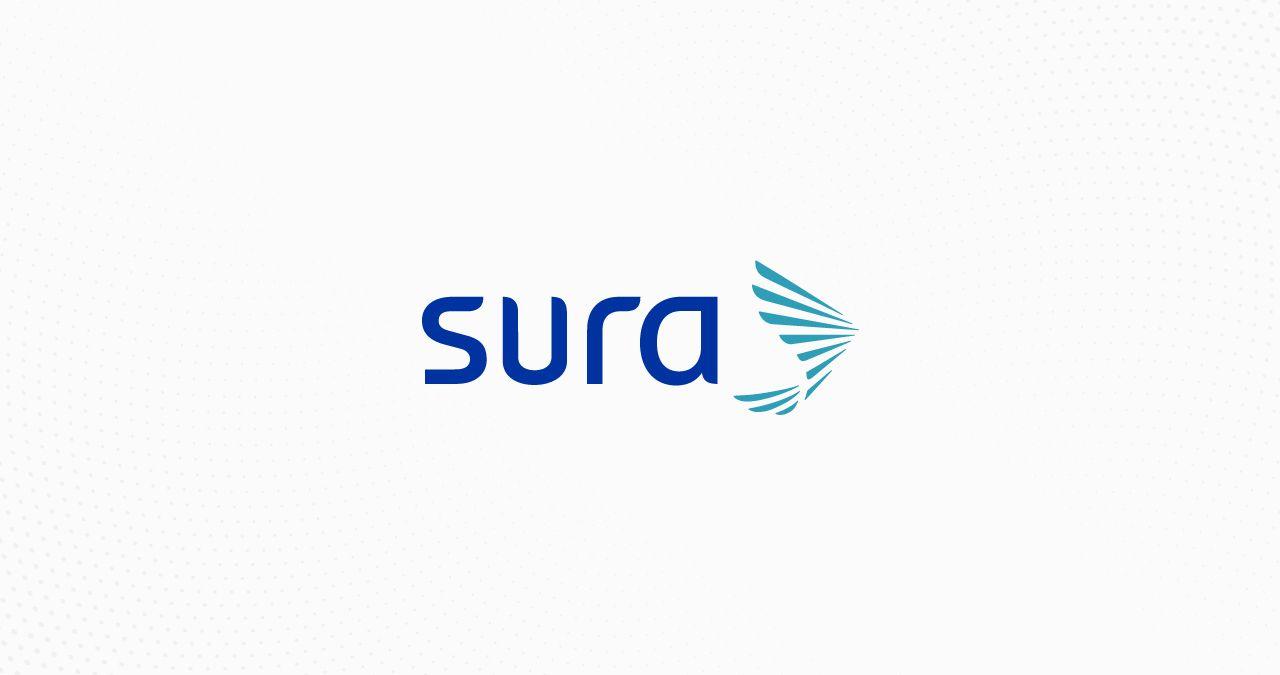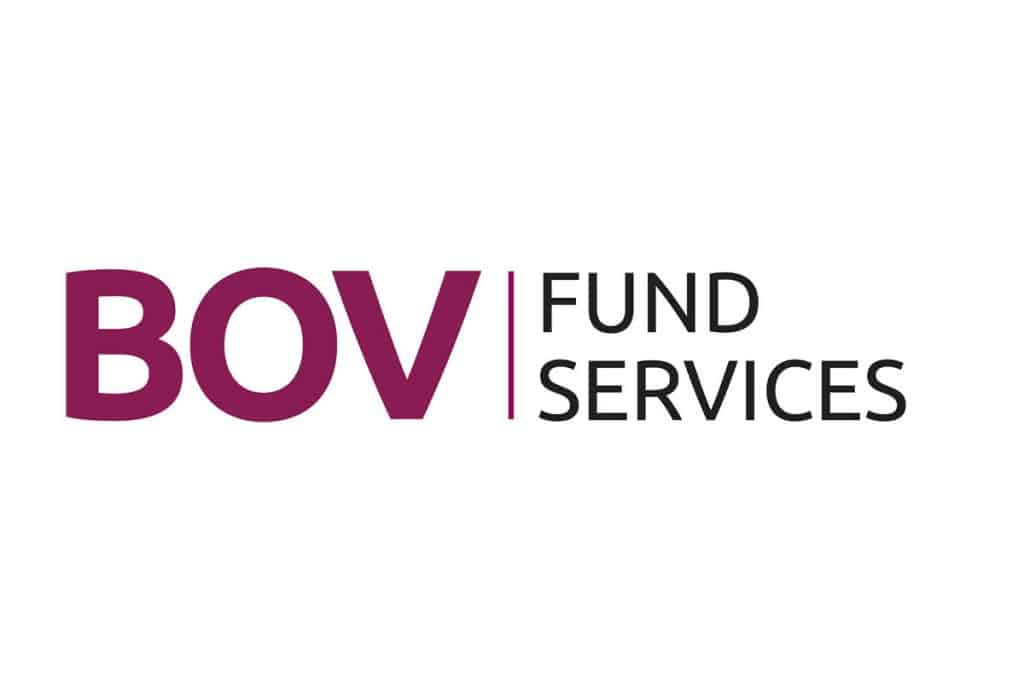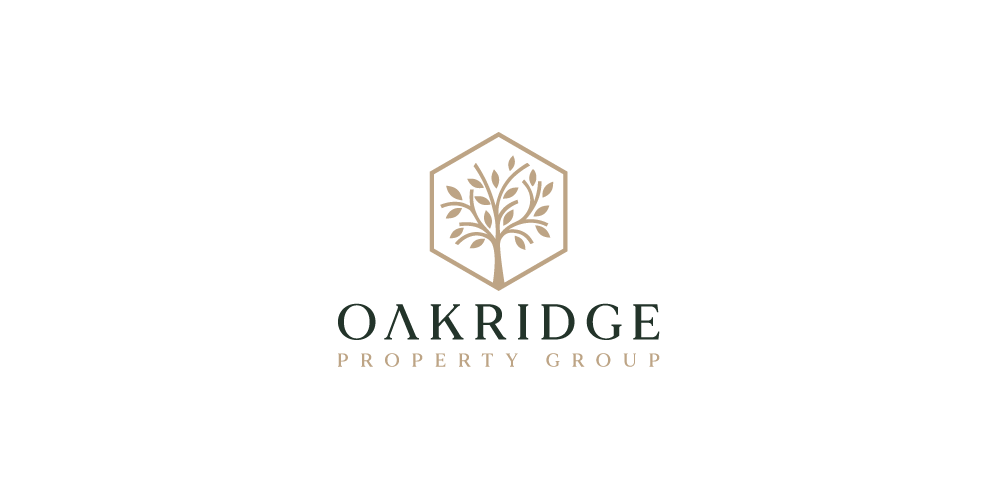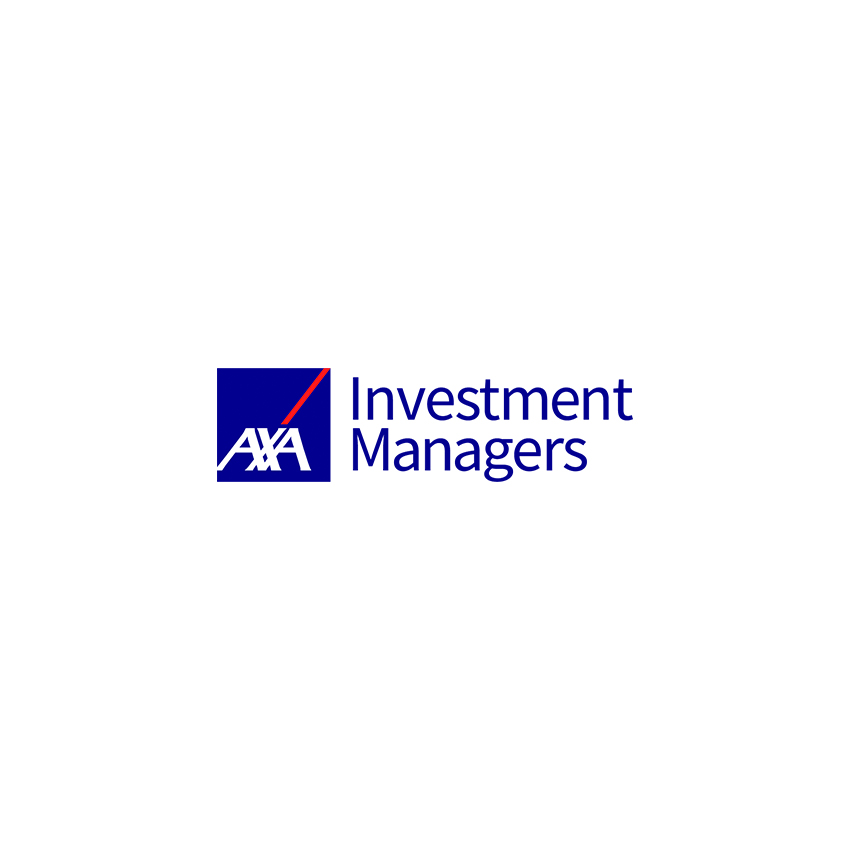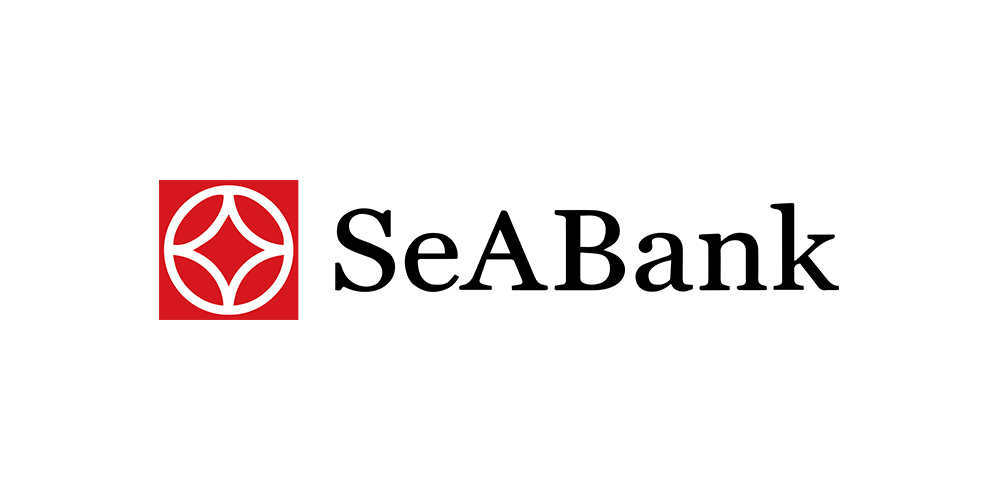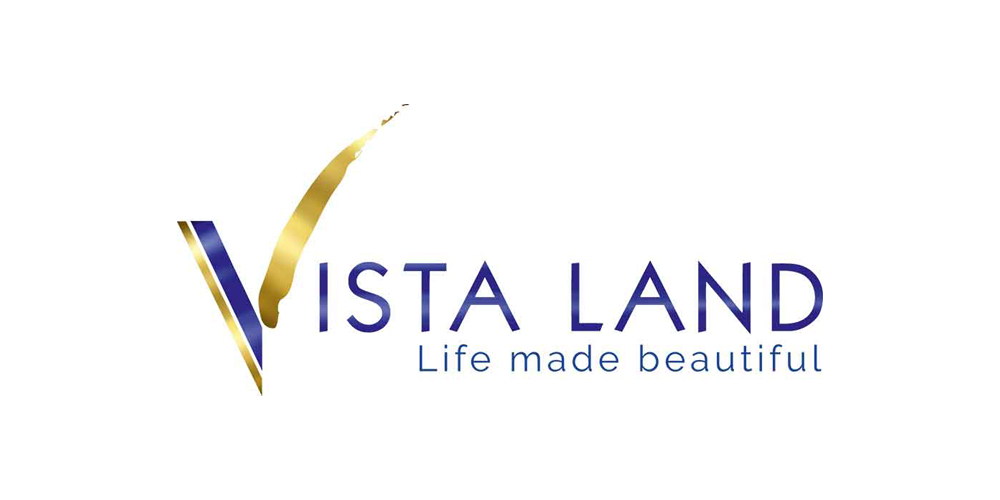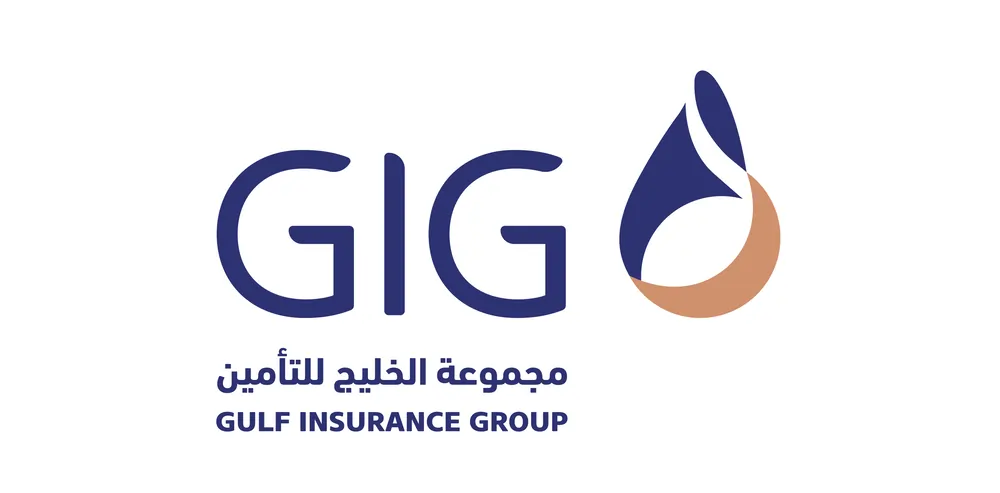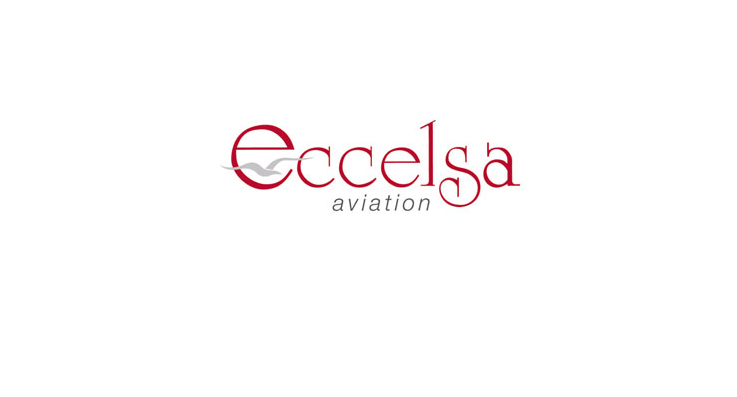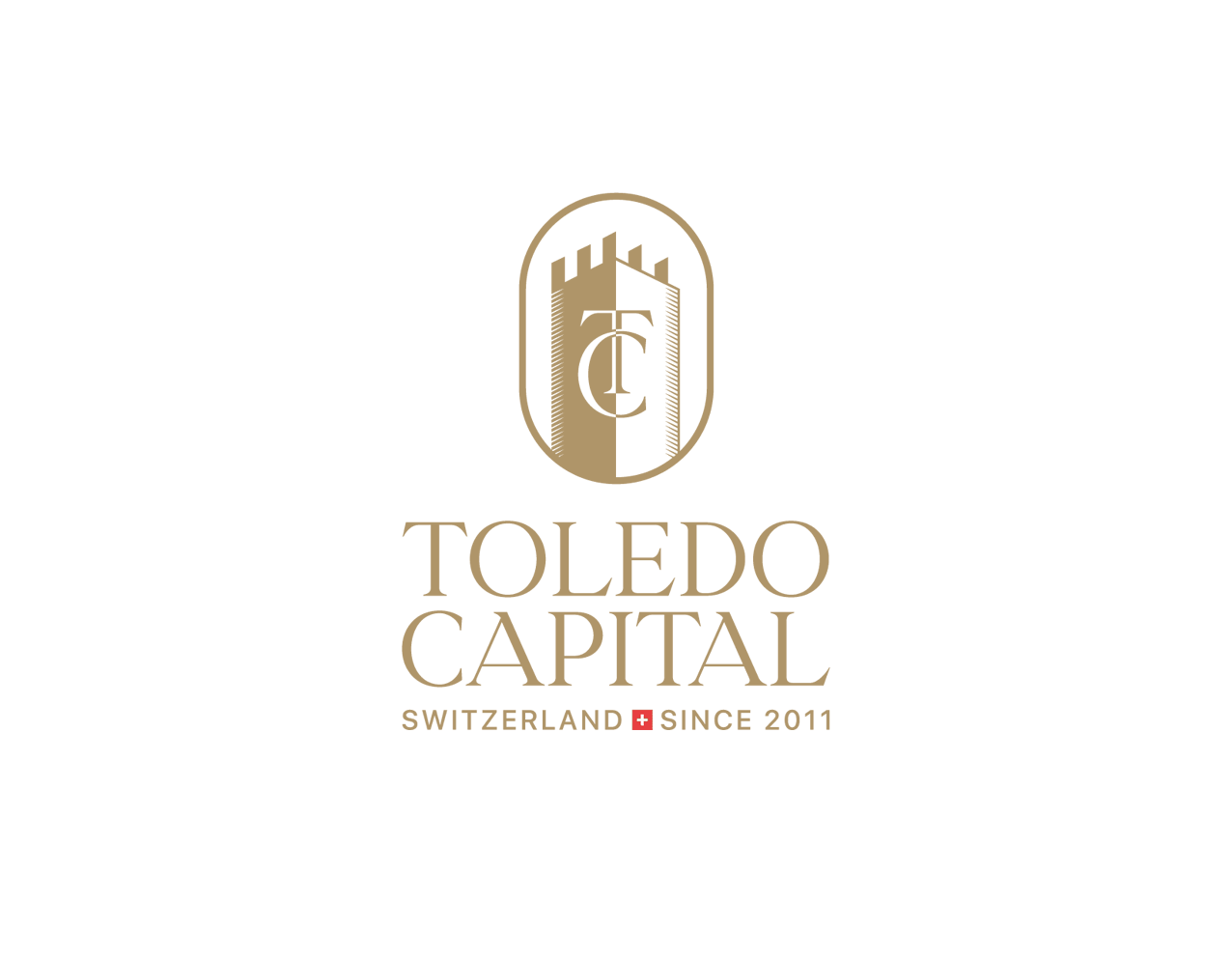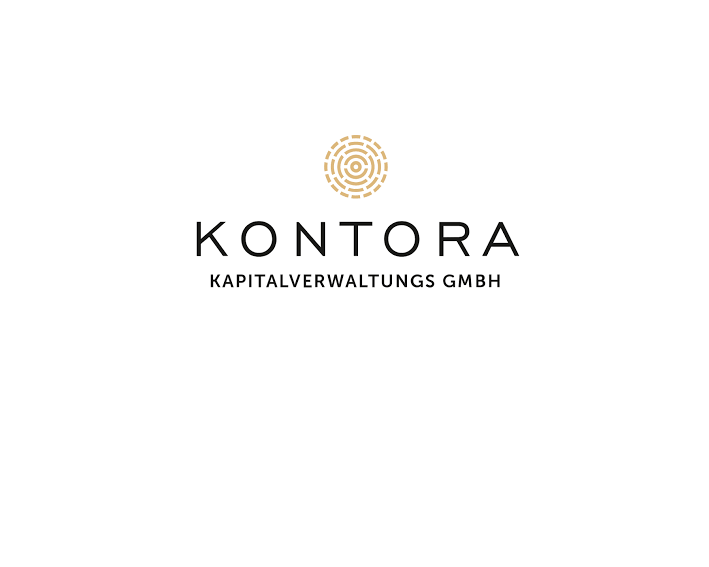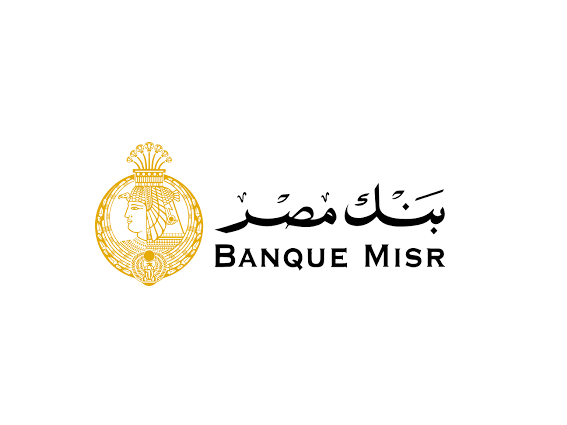Modernising Veterinary Care: Will an Independent RCVS Board Solve Industry Struggles?

Dr Tom Lonsdale
- Published
- Authors, Opinion & Analysis
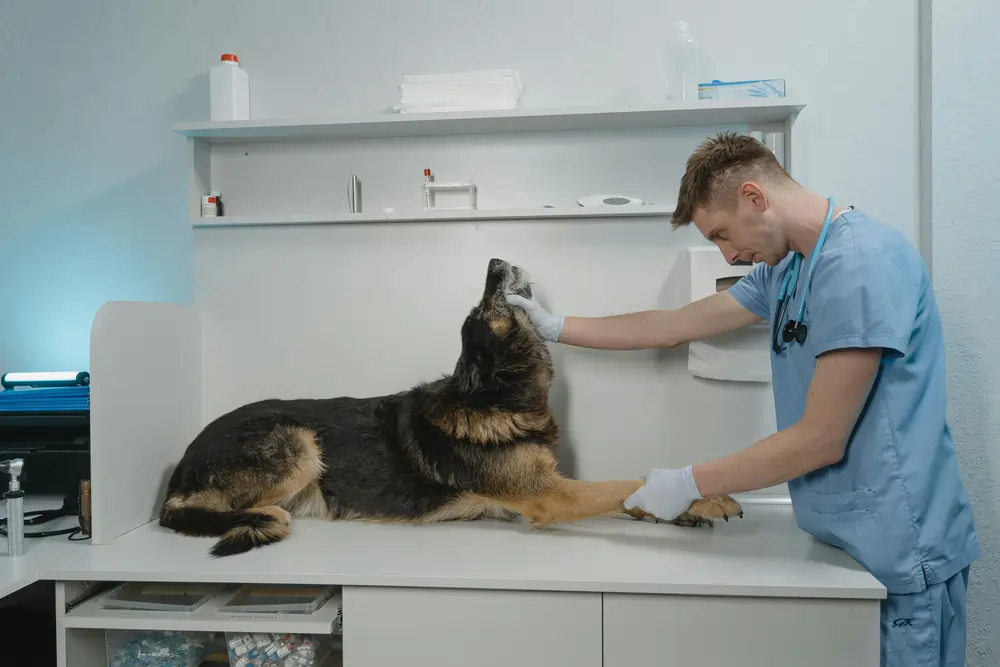
Since the Royal Charter of 1844, the UK veterinary profession has enjoyed ‘self-regulatory’ status. Now, after 180 years with vets at the helm, the Royal College of Veterinary Surgeons proposes a transition to an independent regulatory board. Dr Tom Lonsdale welcomes the initiative as an opportunity to address critical issues affecting availability and cost of vet services, vet education, job satisfaction and reducing the industry’s alarming mental health statistics
James Herriot’s books offer a charming portrayal of the veterinary profession in the 1930s, filled with good deeds performed against the picturesque backdrop of the Yorkshire Dales. Blending fact, fantasy, and fiction, these stories became beloved classics and inspired the nostalgic TV series All Creatures Great and Small.
Nearly a century later, the veterinary profession has transformed into a global industry primarily serving urban populations of pets like dogs and cats. While vets once tended to livestock and pets on farms, today’s care often takes place in purpose-built, state-of-the-art animal hospitals equipped with the latest technology.
At first glance, these advanced facilities and services suggest significant progress, meeting the needs of a more discerning clientele.
But statistics tell another story.
On the consumer side, media coverage and online discussions highlight growing dissatisfaction with the availability, efficiency, and cost of veterinary services. Concerns have escalated to the point that the government has tasked the Competition and Markets Authority (CMA) with investigating and reporting on “veterinary services for household pets.”
In response to the CMA’s initial call for comments on the veterinary market, approximately 56,000 submissions were received—around 45,000 from pet owners and over 11,000 from veterinary professionals. Based on this feedback, the CMA concluded:
- Consumers may not be given enough information to enable them to choose the best veterinary practice or the right treatment for their needs.
- Concentrated local markets, in part driven by sector consolidation, may be leading to weak competition in some areas.
- Large integrated groups may have incentives to act in ways which reduce choice and weaken competition.
- Pet owners might be overpaying for medicines or prescriptions.
- The regulatory framework is outdated and may no longer be fit for purpose.
On the supply side, statistics reflecting the attitudes and actions of veterinary professionals paint a grim picture. A quick search for “recruitment and retention of vets” reveals widespread concerns within the industry. Speaking in 2022, Professor Julie Fitzpatrick of the Moredun Research Institute told The Scottish Farmer: “One of the problems with the veterinary profession is there is a loss of people who actually practice after they qualify. I’m not entirely convinced that the answer is yet more vet schools because I think perhaps we need to think more about the cost of training vet students and trying to keep them in the system, providing them with resilience and skills to face the realities of practice, post-graduation.”
And at the extreme end, there’s the alarming vet suicide rate. According to a piece in Vet Practice magazine in 2021, “Vets are four times more likely to die of suicide than the general population and two times more likely than any other healthcare profession. These risks are associated with a high-stress working environment with poor work-life balance due to long hours, demanding work, unsociable hours, and on-call work which form part of the day-to-day work of veterinarians.”
As a long-time campaigner, I believe the intertwined crises in the veterinary profession stem from its very foundation: the rising population of pet carnivores—dogs and cats—relying on ultra-processed, grain-based diets. This practice, built on a flawed premise, has been perpetuated by veterinary schools that recruit young students and instil in them the questionable belief that these industrial products are beneficial for animals. This creates a stark cognitive dissonance within the profession.
At the helm of these systemic failings is, in my view, the Royal College of Veterinary Surgeons (RCVS), the profession’s self-regulator, led by a council largely composed of establishment vets whose outlook seems rooted in the bygone era of James Herriot.
However, a paradoxical shift is underway. The RCVS has acknowledged criticisms, yielded to mounting pressure, and proposed a bold restructuring, transitioning from a self-regulating body to a smaller, fully independent governing board.
This change signals a significant moment. By stepping back, the RCVS has opened the door to updating the veterinary regulatory framework, making it more relevant and effective for today’s challenges. For the first time, there is a genuine opportunity to create a system that better serves pets, vets, and the wider community.
While the road ahead is uncertain, this move provides a guarded but real reason for optimism.

Dr. Tom Lonsdale BVetMed MRCVS is a veterinary clinician and author with over 50 years of experience. Known internationally as a pioneer and authority on the nutritional and medicinal features of a natural diet for pets, he is a vocal advocate against what he perceives as collusion between the veterinary establishment and the pet food industry. He has earned the moniker, ‘The Whistleblower Vet’, for debunking misinformation about pet health. His latest book, Multi–Billion Dollar Pet Food Fraud, won The Dog Writers Association of America’s ‘Best of the Best’ Book Award.
Main picture: Courtesy Tima Miroshnichenko/Pexe
RECENT ARTICLES
-
 Afore SURA awarded Pension Fund Management Company of the Year 2025
Afore SURA awarded Pension Fund Management Company of the Year 2025 -
 BOV Fund Services Limited wins in The European Banking & Finance Awards 2024
BOV Fund Services Limited wins in The European Banking & Finance Awards 2024 -
 Amberdata wins two titles in The European Banking & Finance Awards 2024
Amberdata wins two titles in The European Banking & Finance Awards 2024 -
 Ajman Bank wins in The European Banking & Finance Awards 2024
Ajman Bank wins in The European Banking & Finance Awards 2024 -
 Creditú wins three titles at The European Banking & Finance Awards 2024
Creditú wins three titles at The European Banking & Finance Awards 2024 -
 Krungthai Bank PCL wins five awards in The European Banking & Finance Awards 2024
Krungthai Bank PCL wins five awards in The European Banking & Finance Awards 2024 -
 Oakridge Property Group wins at The European Global Business Awards 2024
Oakridge Property Group wins at The European Global Business Awards 2024 -
 Old Mutual Investment Group wins two titles at The European Global Banking & Finance Awards 2024
Old Mutual Investment Group wins two titles at The European Global Banking & Finance Awards 2024 -
 AXA IM Select wins at The European Global Banking & Finance Awards 2024
AXA IM Select wins at The European Global Banking & Finance Awards 2024 -
 Zenith Bank Ghana wins five titles at The European Banking & Finance Awards 2024
Zenith Bank Ghana wins five titles at The European Banking & Finance Awards 2024 -
 SeABank awarded The Risk Management Bank of the Year - Vietnam 2024
SeABank awarded The Risk Management Bank of the Year - Vietnam 2024 -
 Vista Land & Lifescapes Inc. wins three titles at The European Global Business Awards 2024
Vista Land & Lifescapes Inc. wins three titles at The European Global Business Awards 2024 -
 Boursa Kuwait wins two titles at The European Global Sustainability & ESG Awards 2024
Boursa Kuwait wins two titles at The European Global Sustainability & ESG Awards 2024 -
 Gulf African Bank wins four titles at The European Banking & Finance Awards 2024
Gulf African Bank wins four titles at The European Banking & Finance Awards 2024 -
 Gulf Insurance Group awarded two Global Banking & Finance titles for 2024
Gulf Insurance Group awarded two Global Banking & Finance titles for 2024 -
 Eccelsa Aviation awarded three Global Business 2024 titles, including Best FBO Brand – Europe
Eccelsa Aviation awarded three Global Business 2024 titles, including Best FBO Brand – Europe -
 Afore Sura awarded Pension Fund Management Company of the Year 2024
Afore Sura awarded Pension Fund Management Company of the Year 2024 -
 Toledo Capital AG wins Best Boutique Wealth Management - Family Office 2024
Toledo Capital AG wins Best Boutique Wealth Management - Family Office 2024 -
 Banco de Chile awarded four Global Banking & Finance 2024 titles, including Bank of the Year - Chile
Banco de Chile awarded four Global Banking & Finance 2024 titles, including Bank of the Year - Chile -
 Kontora Family Office GmbH awarded Best Wealth Management Services - Germany 2024
Kontora Family Office GmbH awarded Best Wealth Management Services - Germany 2024 -
 Banque Misr awarded five Global Banking & Finance 2024 titles, including Best Banking Brand - MENA
Banque Misr awarded five Global Banking & Finance 2024 titles, including Best Banking Brand - MENA -
 Krungthai Bank PLC wins five awards in The European Banking & Finance Awards 2023
Krungthai Bank PLC wins five awards in The European Banking & Finance Awards 2023

